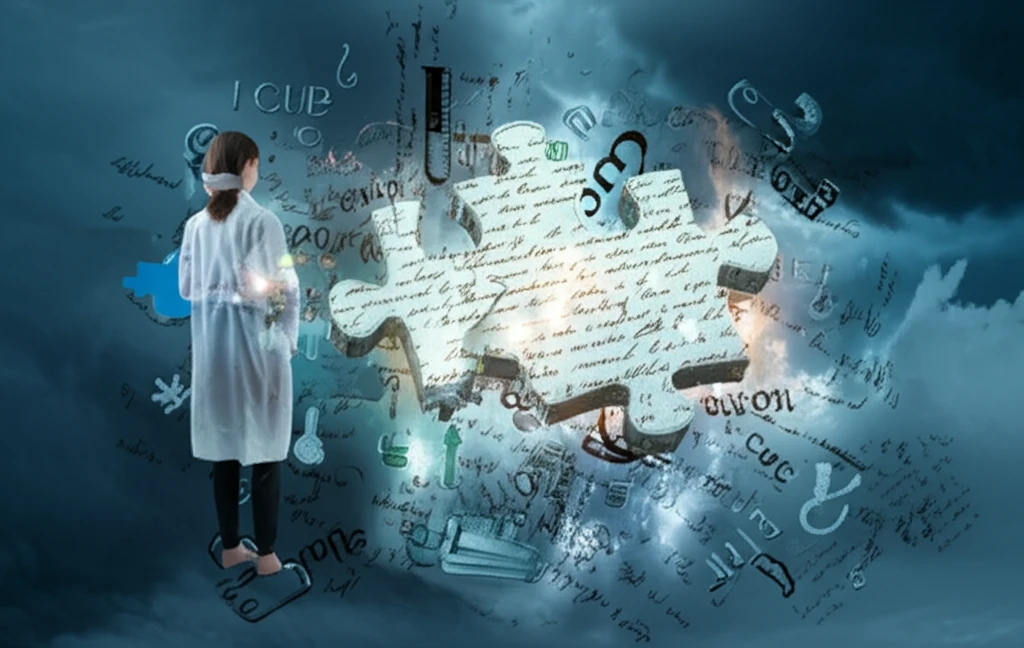
Decoding Medical Texts: Linguistic Clues for Aspiring Doctors
"Master the art of reading comprehension with simple linguistic strategies – a guide for medical students navigating complex terminology."
For medical students, the ability to navigate and understand complex medical texts is paramount. The learning process of grasping words and terminologies begins with the role vocabulary plays. Often finding themselves buried in dictionaries rather than grammar books, learners need to not only focus on individual words but also develop strategies to enhance their overall linguistic knowledge and fluency in English.
Comprehending medical texts is a process known to be difficult because of its technical terms and content from different fields. Reading can be seen as continuous guessing, with learners frequently encountering complicated words no matter their skill level. It is important to develop the skill of guessing and inferring meanings of vocabulary, to aid in the process of learning.
In Jordan, English is essential for practicing medicine; Jordanians must command its terminology. This article delves into the linguistic knowledge sources medical students use at JUST University, highlighting the importance of mastering fundamental academic skills for professional success and emphasizing the significance of English language skills.
Unlocking Comprehension: The Power of Linguistic Clues

A study investigated how medical students utilize linguistic clues to improve their reading comprehension. It looked at the relationship between reading comprehension and the use of linguistic contextual clues through a descriptive analytical procedure. The study was conducted over three sessions at a Jordanian University, involving 20 students in each session. Participants were required to complete a reading comprehension test, an inference test, and a vocabulary scale sheet.
- Focusing on word morphology: Breaking down words into prefixes, suffixes, and roots.
- Identifying sentence-level clues: Understanding grammar and punctuation.
- Using contextual association: Connecting unfamiliar words with familiar ones in the text.
Empowering Future Doctors Through Language
This study underscores the vital role of linguistic clues in aiding medical students' reading comprehension. By using linguistic clues they can more efficiently comprehend medical texts during their studies. It has been observed that students use different types of clues, including word and sentence level clues. By incorporating targeted language interventions, educators can better prepare medical students to tackle the linguistic challenges inherent in their field, paving the way for improved understanding and, ultimately, better patient care.
